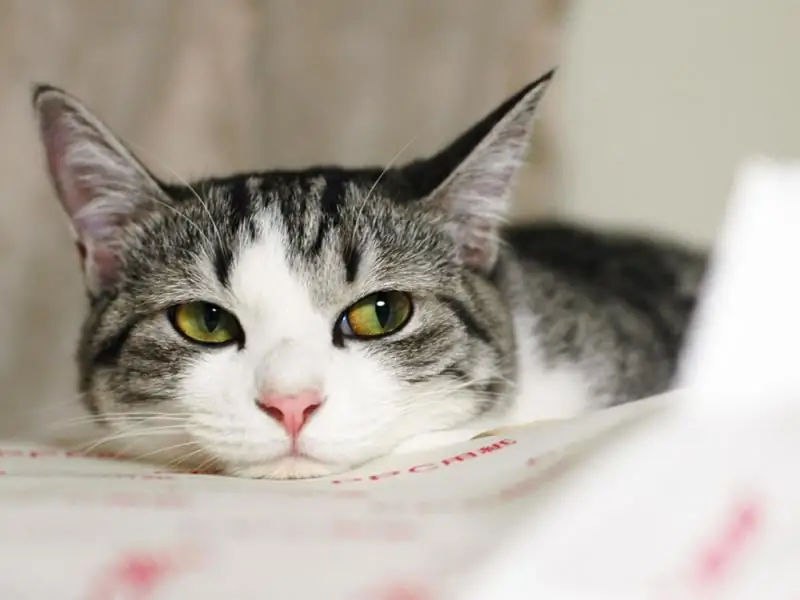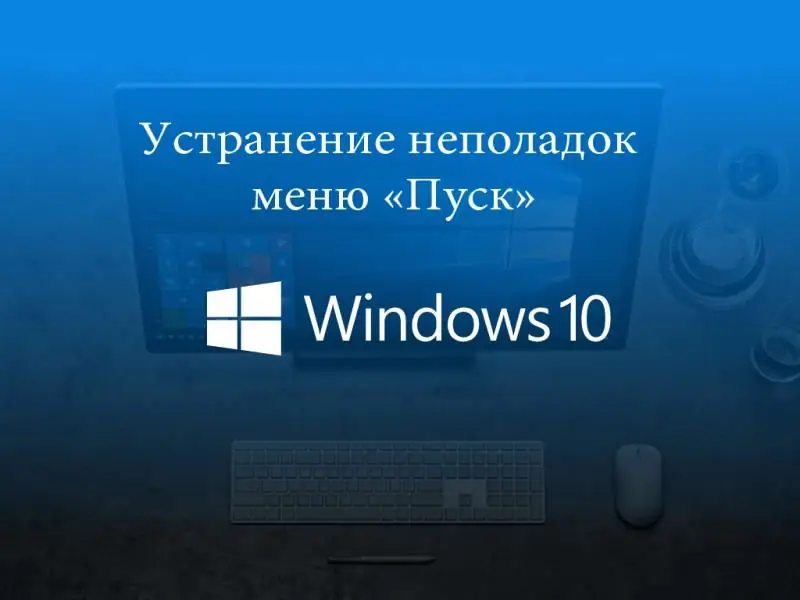
Table of contents:
- Author Bailey Albertson [email protected].
- Public 2023-12-17 12:53.
- Last modified 2025-01-23 12:41.
5 things that are forbidden to believers during Lent

Great Lent is a special time in the life of every believer. First of all, this is a period of spiritual growth, growth in faith, prayer. This time is accompanied by certain restrictions. In order for the fast to be fruitful, it is necessary to understand the meaning of the rules and prohibitions.
Eating animal food
The main limitation regarding Lent is the exclusion of animal products from the usual menu. Orthodox fasting is considered one of the strictest systems of abstinence in Christianity - it is based on a monastery meal.
The prohibition of the consumption of meat and some other products is based on the fact that since ancient times, both monks and laymen faithful to the church tried to eliminate excesses, so that the temptation to eat tasty food would not distract from spiritual reflections.
The rules for modern believers have become a little easier: for example, on certain days of fasting, you can eat fish and vegetable oil, it is allowed not to follow the principle of dry eating (eating thermally unprocessed food). This excludes all types of meat and poultry, eggs, dairy products, and baked goods.
The most important thing is to remember the main meaning of fasting: limiting certain products should not be an end in itself, the most important thing is the spiritual component. Very often you can find the so-called "lean menu" in cafes and restaurants, when visitors are offered to enjoy delicious vegetables or seafood. These are excesses that should be discarded.
Observance of the fast should be within our power: the use of meat and animal products is blessed for children, the elderly, pregnant women and those who, due to health reasons, cannot adhere to a strict diet.
Habitual food
The habit of overeating and eating too much is a manifestation of gluttony, one of the 7 deadly sins. Therefore, it will not be enough to just revise the foods in your diet: you also need to think about what and in what quantities we eat.
You can't overeat, you need to leave the table a little hungry. Some believers practice limiting their daily meals: for example, they refuse lunch or dinner, replacing them with light snacks.
Of course, such a food system should not be harmful to health: excessive fanaticism can lead to digestive or metabolic disorders. All restrictions must be reasonable.
If in everyday life you are a vegetarian and the lack of meat has become the norm, you can remove any other foods from your usual menu, switch to a simpler diet, and avoid excesses.
It should also be remembered that Lent is not a diet. You should not resort to it in order to lose weight or improve your health: you need spiritual preparation and an understanding of the meaning of self-restraint.
Drinking alcohol
Moderate consumption of alcoholic beverages is not a sin in Orthodoxy, however, during fasting, you should completely abandon any intoxicating substances. Any strong alcoholic drinks, beer, cocktails are completely prohibited. The church charter makes only one indulgence: once a week, on Sundays, it is allowed to drink no more than 150 milliliters of dry wine.
Many Christians dilute wine with water in order not to get drunk. Of course, if there is a willingness and ability to completely abandon alcoholic beverages, it is better to do so.
Any entertainment
During Great Lent, it is necessary to give up everyday entertainment, which does not carry any spiritual meaning. So, you should not watch TV, spend time on social networks, and it is better to limit the list of sites on the Internet only to work and educational resources.
You cannot take part in festive feasts, parties, it is advisable to refuse going to the cinema and theater. An exception can be made for events such as sacred music concerts or Christian films.
During Lent, you should not plan any travel, except for pilgrimage trips to shrines.
It is also very important not to go to the other extreme and not succumb to the sin of despondency. Orthodox priests say that fasting should be a joy, this is a bright time for the soul.
As leisure, you can choose reading useful literature, handicrafts and simple physical labor - the process of creation enriches the human spirit. Consider carefully what you are going to do and regularly ask yourself how it will benefit.
Bad language or jealousy
Even many believers often do not pay attention to the so-called "everyday" sins and do not remember them in confession. Lent is a great time to reconsider your behavior and become attentive even to the seemingly insignificant offenses. Under no circumstances should you swear, swear and gossip.
It can be much more difficult to limit ourselves in thoughts - we are annoyed with others every day, we feel envy or anger. It is necessary to pay attention to every thought of this nature and try to repent. If appropriate, it is helpful to apologize to the person who caused negative emotions: this will help moderate your own pride.
Attention to such trifles is the way to serious work on yourself and spiritual cleansing.
Recommended:
The Washing Machine Does Not Open After Washing: What To Do, How To Unlock The Lock And Open The Door, Including During An Unfinished Wash

Why is the washing machine door blocked after washing. How devices of different models open. How to open the hatch on your own. What not to do. Photo and video
What To Do If, After Flashing Android, The Phone Or Tablet Does Not Turn On, Does Not See The Network, Does Not Charge

Why does my smartphone or tablet not work after changing the Android version. How to troubleshoot various problems. How to properly reflash a device
IPhone Does Not See Or Does Not Catch The Network, What To Do

What if iPhone won't connect to the network. Checking the SIM card, disabling airplane mode, removing SIM-lock, hardware breakdowns, etc
What Smell Scares Cats Away: How To Scare Them Away, So As Not To Spoil, With Scents That Animals Do Not Like, Reviews, Video

What place do smells take in the life of cats? What smells repel cats. How to use odors to educate pets: wean shit, gnaw on plants
Why On Windows 10 The Start Button Does Not Work And The Main Menu Does Not Open

The most common problems in the "Start" menu on Windows 10. The reasons for the appearance. Solutions: universal and for specific cases
